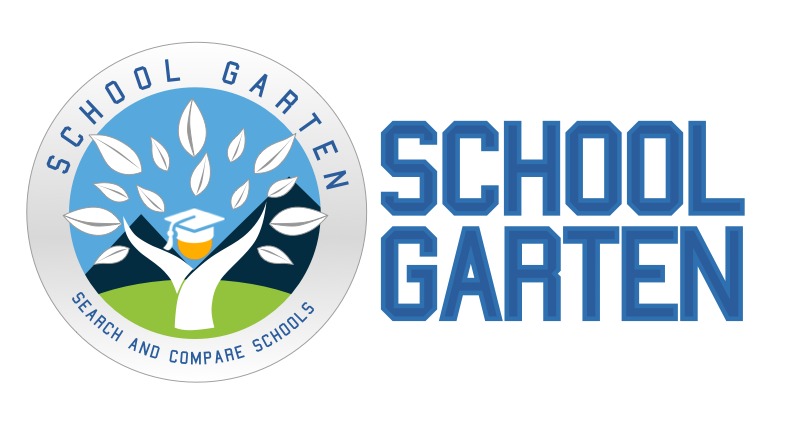Different Teaching Exams: A Comprehensive Guide
Introduction
Teaching exams in India have become increasingly important with the rising demand for quality education. Whether you’re a fresh graduate or an experienced teacher, these exams offer a great opportunity to start or enhance your career. With various teaching exams available, it’s important to know which one is right for you.
- The Central Teacher Eligibility Test (CTET)
- State Teacher Eligibility Test (STET)
- National Eligibility Test (NET)
- Graduate Aptitude Test in Engineering (GATE)
Each exam has its own eligibility criteria, exam pattern, and syllabus. Knowing the differences and similarities between each exam will help you choose the right one for your career path. In this guide, we will take a closer look at each of these exams so that you can make an informed decision. So, let’s get started!
Central Teacher Eligibility Test (CTET)
If you’re interested in teaching, you must have come across the term CTET. Yes, the Central Teacher Eligibility Test is one of the most popular teaching exams in India. If you’re looking to become a government school teacher of classes I to VIII, then CTET is the way to go. To be eligible for CTET, you need to have a minimum of 50% marks in your senior secondary examination or any other equivalent exam. You also need to have a two-year Diploma in Elementary Education, or you must have completed your graduation with at least 50% marks in Bachelor in Education. The CTET exam consists of two papers. Paper-I is for those who wish to teach classes I to V, and Paper-II is for those who wish to teach classes VI to VIII. Each paper has 150 questions, and each question carries one mark. You will have 2.5 hours to complete the exam. Now, let’s talk about the syllabus. The syllabus for Paper-I consists of Child Development and Pedagogy, Language – I, Language – II, Mathematics, and Environmental Studies. Paper-II has Child Development and Pedagogy, Language – I, Language – II, Mathematics and Science (for Mathematics and Science teachers) or Social Science (for Social Science teachers). So, if you want to be a government school teacher, then you should definitely give CTET a shot. It may appear intimidating, but trust me, it’s not impossible.
State Teacher Eligibility Test (STET)
STET or State Teacher Eligibility Test is conducted by individual states to assess the eligibility of candidates for teaching positions in State-run schools. The eligibility criteria for STET include a Bachelor’s degree with at least 50% marks and a B.Ed. degree. The exam comprises two papers, with Paper I for teachers of classes I to V and Paper-II for classes VI to VIII. The exam pattern of STET consists of multiple-choice questions, and candidates are evaluated based on their knowledge of the subject and teaching skills. The syllabus for the exam includes topics such as child development and pedagogy, language comprehension, mathematics, science, and social studies. STET is a great opportunity for those who want to teach in State schools. However, cracking the exam requires thorough preparation and dedication. So, if you have a passion for teaching, buckle up and start preparing for STET!
National Eligibility Test (NET)
National Eligibility Test (NET) Ah, the famous NET exam. This exam opens doors for teaching positions in universities and colleges across India. So, are you ready to dive into the world of research and teaching? Let’s see if you meet the eligibility criteria. To appear for NET, you need to have a postgraduate degree with at least 55% marks (50% for reserved categories). The age limit is 30 years for general category and 35 years for reserved categories. Phew! That’s a lot of eligibility criteria to meet, but hey, we know you can do it. Now coming to the exam pattern and syllabus. The NET exam consists of two papers – Paper 1 and Paper 2. Paper 1 has 50 questions and Paper 2 has 100 questions. The good news is that both papers are objective-type questions. The syllabus includes topics related to the chosen subject, reasoning ability, and general awareness. So, there you have it – the essential details of the NET exam. With hard work and determination, you can ace this exam and become a successful researcher and teacher. Ready to take on the challenge?
Graduate Aptitude Test in Engineering (GATE)
Alright, let’s talk about the Graduate Aptitude Test in Engineering or as we know it, GATE! So, if you’re someone who aspires to pursue a career in teaching engineering or research, GATE is the exam for you. It is conducted jointly by the Indian Institute of Science (IISc), Bangalore, and the seven Indian Institutes of Technology (IITs). Now, let’s talk about the eligibility criteria. To be able to appear for GATE, you must have completed your Bachelor’s degree in Engineering or Technology. Students who are in their final year of graduation can also appear for this exam. Also, there is no age limit for GATE, so yay for that! Coming to the exam pattern and syllabus, GATE is an online exam that lasts for 3 hours and consists of 65 questions. The exam is divided into three sections- General Aptitude, Engineering Mathematics, and the subject specification section. The latter section will have 55-60 questions, and the weightage differs from subject to subject. So, if you’re someone who thinks engineering is their forte and teaching or research excites you, GATE is surely the exam to aim for. Just make sure you prepare well and give it your all. Good luck!
You must choose the right teaching exam if you want to pursue a career in teaching. Take the time to research and understand the eligibility criteria, exam pattern, and syllabus of each exam before making a decision. Each exam has its own unique requirements, so choose wisely based on your strengths and interests. The future prospects of teaching are quite promising, considering the growing demand for quality education. You can expect career growth and opportunities in both the private and public sectors, along with personal satisfaction from shaping young minds. Teaching is much more than a profession; it is a noble calling that can make a significant impact on society. So, choose the right teaching exam and embark on a rewarding career that will not only benefit you but also shape the future generations.


